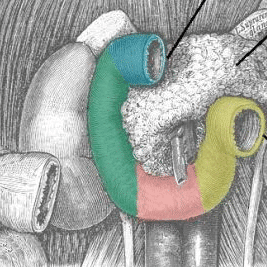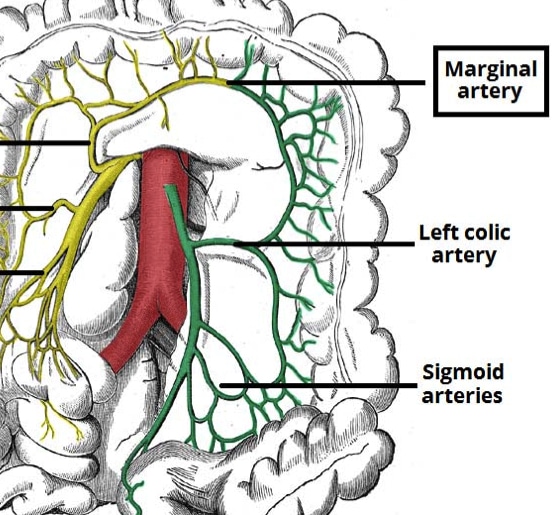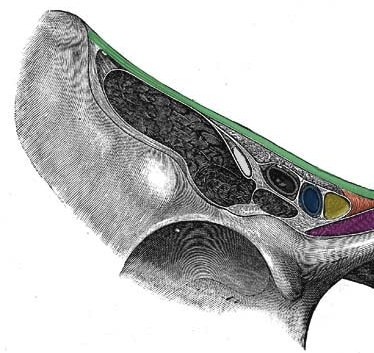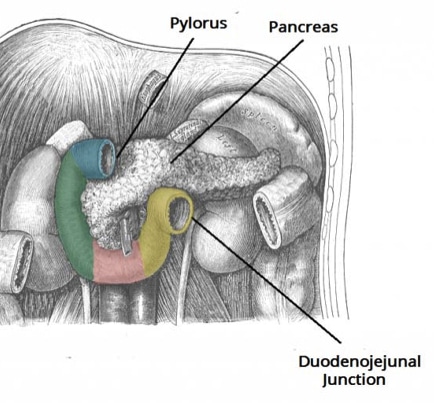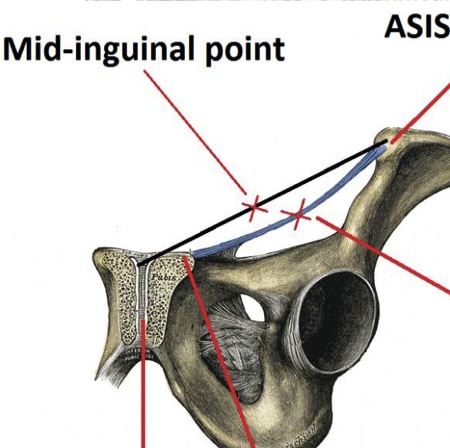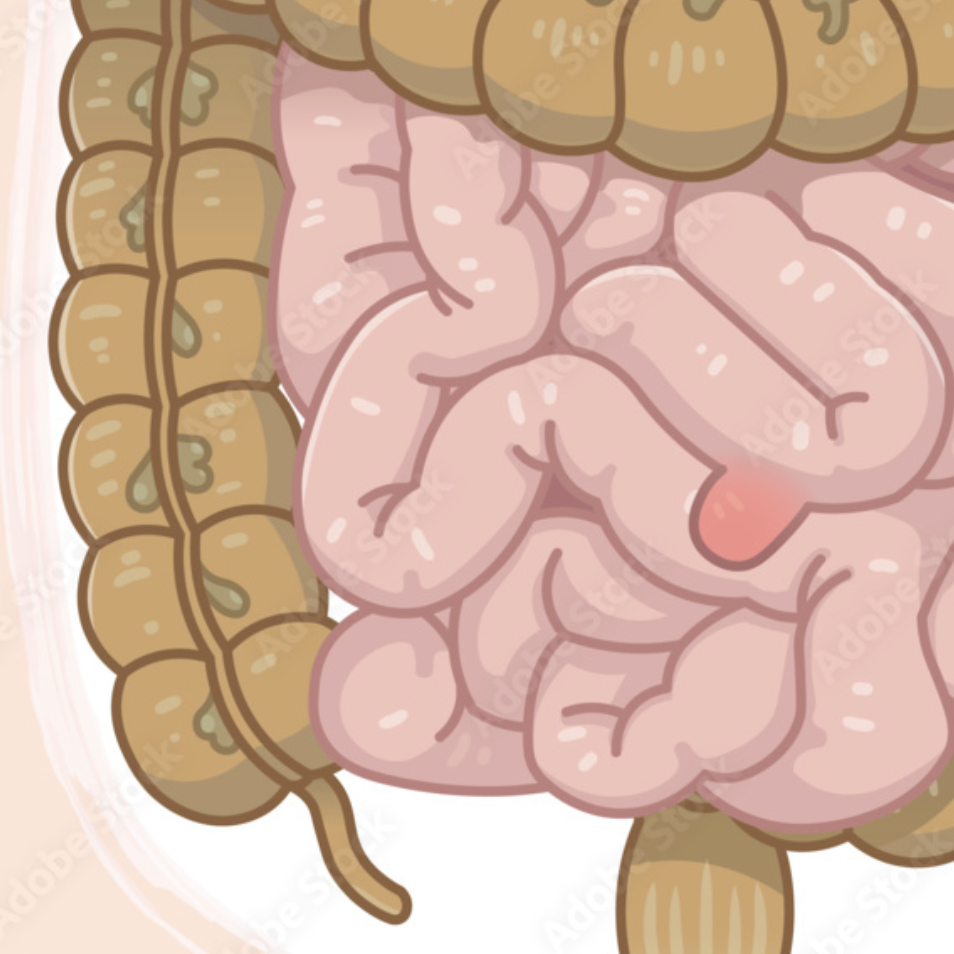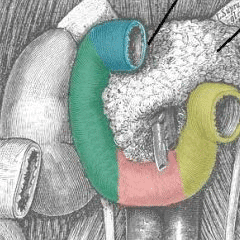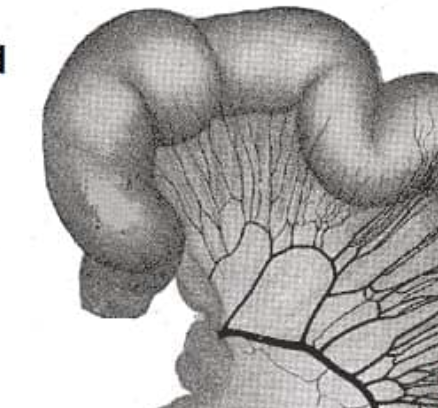- Core Concepts
- Peri-Operative Care
- Examinations
- General
- HPB
- Vascular
- Urology
- Orthopaedics
- Breast
- ENT
- Neurosurgery
- Plastics
- Cardiothoracics
- Transplant
- Consent
Small Bowel Disease
format_list_bulletedAbout this section add remove
The small bowel has a major function in digestion and absorption of ingested food. It extends from the pylorus of the stomach to the ileocaecal junction, meeting the large bowel; anatomically, the small bowel is divided into the duodenum, the jejunum, and the ileum.
Due to its long mesentery, the small intestine is prone to herniating through various openings, especially in advanced years, with numerous subtypes (many of which are discussed in this section).
Fortunately, primary tumours of the small bowel are rare however can still occur. Bleeding from the small bowel is also rare, but can come from conditions such as Crohn’s disease or angiodysplasia.

